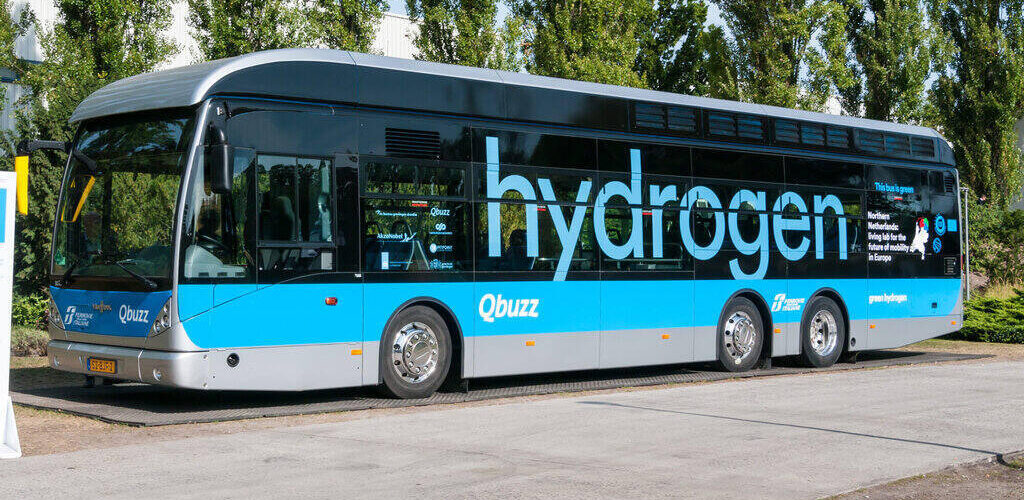Hydrogen energy producers are sounding the alarm after the federal government released new guidance on the implementation of the 45V tax credit. The credit, created in 2022 following the passage of the Inflation Reduction Act (IRA), incentivizes the production of hydrogen by reducing the tax burden on eligible producers.
The credit was crafted and signed into law with the express intent of reducing greenhouse gas emissions and supporting American industry through the scaling up of domestic hydrogen production. Producers warn, however, that its implementation could very well be derailed by counterproductive rulemaking.
Earlier this year, the U.S. Treasury and the IRS released draft guidance on how the credit will be administered and which producers will be eligible to utilize it. The guidance stretches beyond the letter of the law, excluding large components of the hydrogen production community from benefiting from 45V. By establishing “three pillars” — deliverability, temporal matching, and incrementality requirements — the new rules would preclude certain producers from receiving the credit.
“The 45V credit is technology neutral and accessible to project sponsors regardless of their particular hydrogen production pathway as long as they meet certain carbon emissivity requirements,” Sen. Shelley Moore Capito, R-W.V., ranking member of the Senate’s Environment and Public Works Committee, said, “However, the requirements of the IRS guidance preclude certain means of hydrogen production from qualifying for the credit.”
One major source of hydrogen precluded from receiving the credit under these new rules is “blue” hydrogen, which is produced from natural gas and paired with carbon capture technology. Hydrogen hubs, established by a $7 billion investment from the Bipartisan Infrastructure and Jobs Act, rely on this production pathway.
The dispute is part of a broader trend. Since taking office, the Biden administration has prioritized a transition to clean energy production, with a focus on domestic production. Some of its policies — such as the IRA and the CHIPS and Science Act — have been seemingly conducive to that end. But when it comes down to implementation, the administration has instituted new regulatory barriers, often erecting and supporting policies which undermine its economic development goals.
Excessive labor regulations have contributed to delays in the construction of chip manufacturing facilities, onerous federal permitting laws have slowed down new mining operations, and now, new guidance threatens to dampen the impact of 45V.
Here, argue hydrogen production proponents, Biden has a chance to actualize his commitment to producing more clean domestic energy.
Time will tell if his administration chooses to reverse course and amend its guidance.
Joe Pitts is a native Arizonan currently working in the public policy space. He formerly served as program director at the Arizona Chamber Foundation.
Photo via Matti Blume
















Add comment